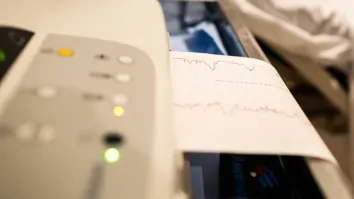
What to expect in the systemic sclerosis market by 2034
The market anticipates emerging therapies, however, economic burdens may impede its growth.
The global market for systemic sclerosis is expected to witness significant growth until 2034, according to a DelveInsight analysis.
The report revealed that the market is primarily driven by rising prevalence, patient awareness, and the launch of potential therapies with novel mechanisms to improve systemic sclerosis management.
“Whilst no treatment has been shown to alter the overall progression of the disease, the therapy aims to address specific organ involvement early on to prevent irreversible damage, enhancing both quality of life and survival,” The report said.
Meanwhile, the anticipated introduction of emerging therapies for better efficacy, as well as diagnosis rate improvements, are expected to drive the market’s growth in the 7MM.
“Based on the role of B cells and the published clinical data with CD19-CAR T therapy in systemic sclerosis, it is believed that CABA-201 may transform the treatment for systemic sclerosis,” It added.
However, barriers persist with only 35–50% of patients eligible for current treatments and reimbursement challenges impeding market growth.
Furthermore, DelveInsight noted that its growth may be offset by failures and discontinuation of emerging therapies, unaffordable pricing, market access, and a shortage of healthcare specialists.
“In addition, the undiagnosed, unreported cases and the unawareness about the disease may also impact the systemic sclerosis market growth,” It said.



















 Advertise
Advertise





